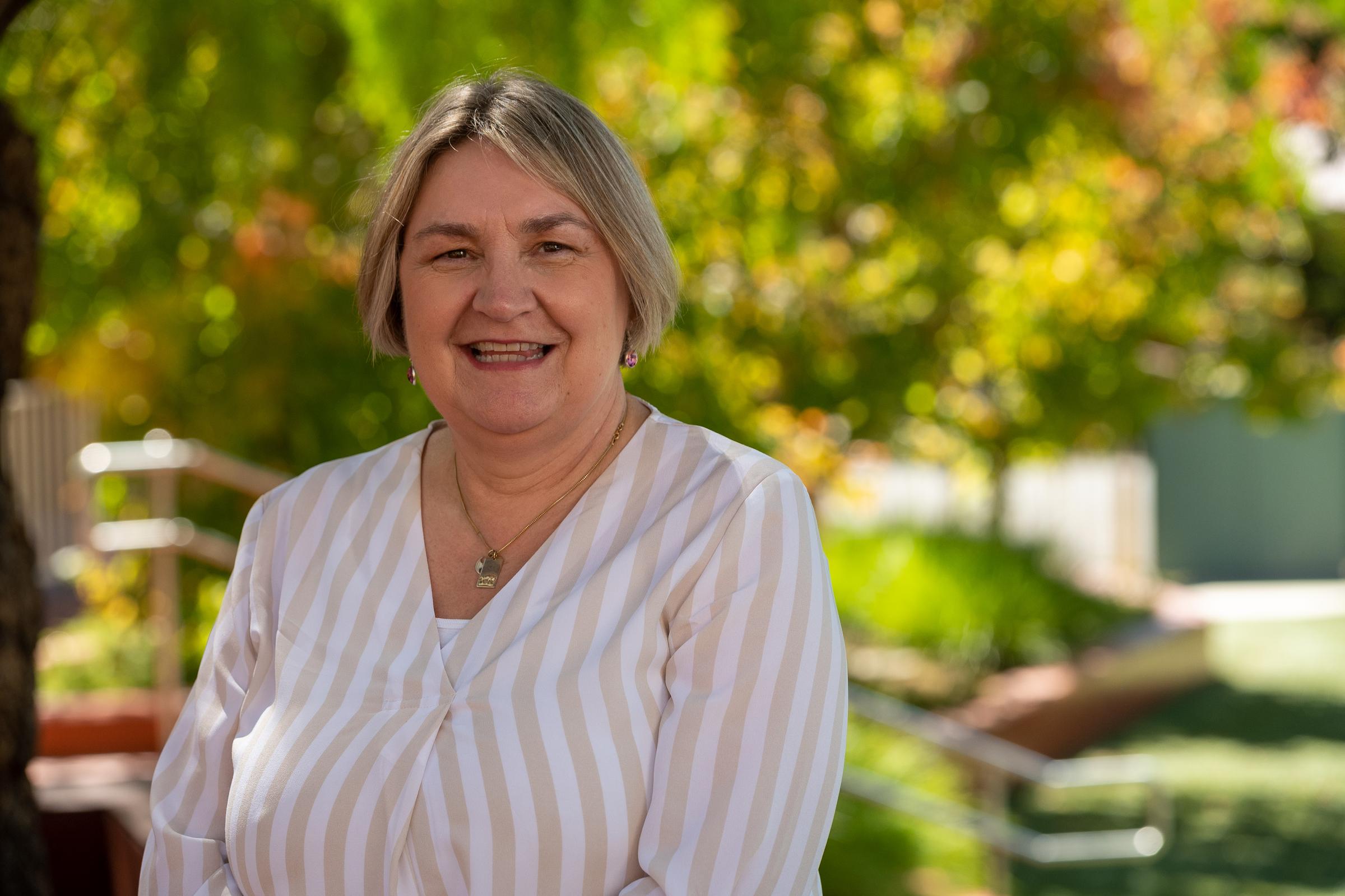From the Head of Senior School

Senior School Formal
On Friday of week 5, I had the pleasure of attending my first Senior Formal with Years 10, 11 and 12. It was a wonderful evening of glitz, glamour, and dancing to hits from a vast era of pop culture. The dance floor was a busy hub of students dancing the night away. The students certainly enjoyed themselves. A special thanks and acknowledgment to Kristi Mitchell, who organised this event to make it a great success, and to all the staff who attended and helped pack away at the end of the evening. These events are a wonderful way for the students to make new friends, enrich existing friendships, and see their teachers and members of leadership in a more relaxed environment.
Semester One Exams
In preparing for the Semester 1 examinations, Week 6 saw us enter a study week for students in Years 7 to 11. Teachers worked through revision studies and past examination papers to prepare students for their exams next week. Your child should have now planned a personal revision timetable that they can use to assist with their study.
Page 24 of the School diary has a blank study timetable that your child is encouraged to utilise in preparation for their upcoming exams. Pages 10, 11, 14 and 15 of the School diary provide additional resources for your child on study tips, exam preparation, and a sample study timetable. Exams can be stressful for some children, and anxiety or nerves before an examination is often understandable and normal behaviour for young people. It is essential that any study is balanced with a healthy diet, exercise, and good sleep.
Further information on effective study habits and tips for managing test or exam anxiety can be accessed via the Student ASTRA page on the "studyskillshandbook.com" website.
Study Tips for Students
Image: https://sites.google.com/a/nv.ccsd.net/vanessad545/study
Study takes place long before you start to officially 'study' for a test or exam. The amount of work you will need to do to prepare for a test or examination will depend on several factors:
- You paid attention well in class when the concepts were being taught.
- How well you have completed homework and other tasks along the way.
- How well you have kept your notes for that topic/subject organised.
- Whether you have made any study notes or summaries for that topic already.
In a test or examination, you need to be able to do three things:
- UNDERSTAND the topic.
- REMEMBER the content of the topic.
- APPLY the skills and techniques of the topic to different types of questions.
There are three aspects to doing this:
- Make STUDY NOTES or summaries.
- You will not have learned anything if you just copy slabs from your textbook or class notes and call these study notes. Think about the information, try to organise it, and write down what you need to remember in point form in your own words. The process of making study notes also starts to move the information into your long-term memory. It also makes learning and remembering the information much easier as you can go over a structured, organised, condensed set of notes rather than having to look back through all of the work you have done (which would be much more time-consuming).
- LEARN the information.
- Making study notes is not enough. You then need to 'LEARN' the information by studying it actively (so you can remember and retain it). It is about transferring the information from your study notes into your memory and testing whether you can remember it. It will also help you determine areas you do not understand. It is not easy to try memorising or learning the information you do not understand. Part of learning the information is asking questions about things you don't understand or are unsure of.
- PRACTISE the skills of the subject.
- The final part is to PRACTISE the skills of the subject. This is where you complete lots of questions to see what you remember and can do and check whether you understand the information enough to apply it to different questions. Furthermore, if you do not understand it, you work through what you got wrong to fill in all the holes in your knowledge. It also aids in moving the information more firmly into long-term memory. If you memorise information that you did not understand, this is when it will all come unstuck, and you will realise that you have to go back to that section again and review it.
Further information on study skills can be found by completing the modules "Active Studying" and "Preparing for Exam Blocks" from the "studyskillshandbook.com" website accessed via ASTRA.
Ms Dawn Davis
Head of Senior School


